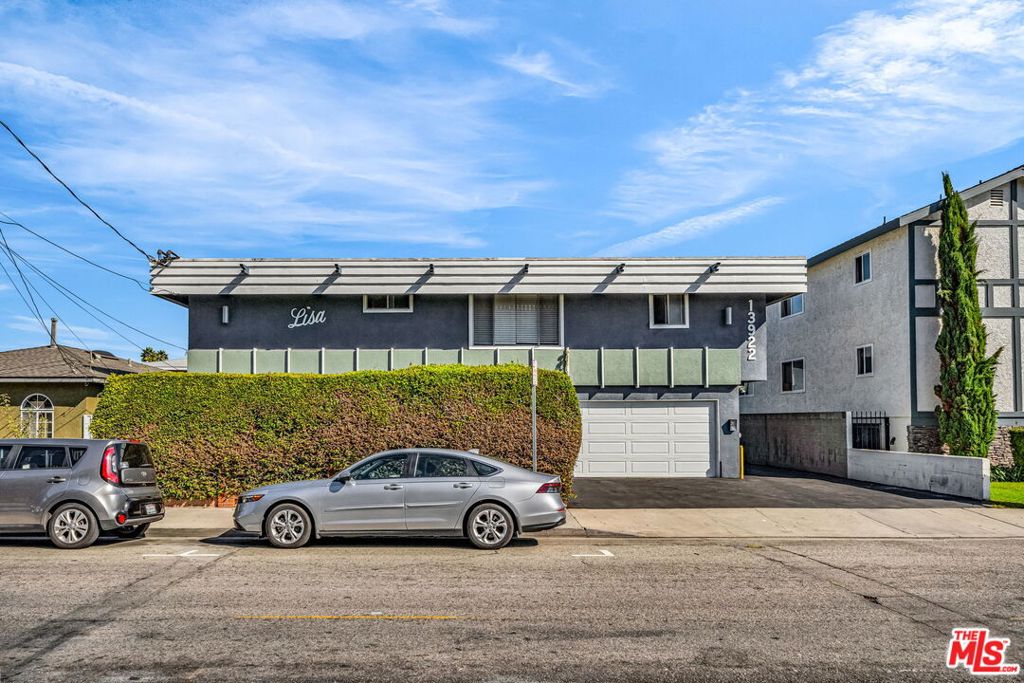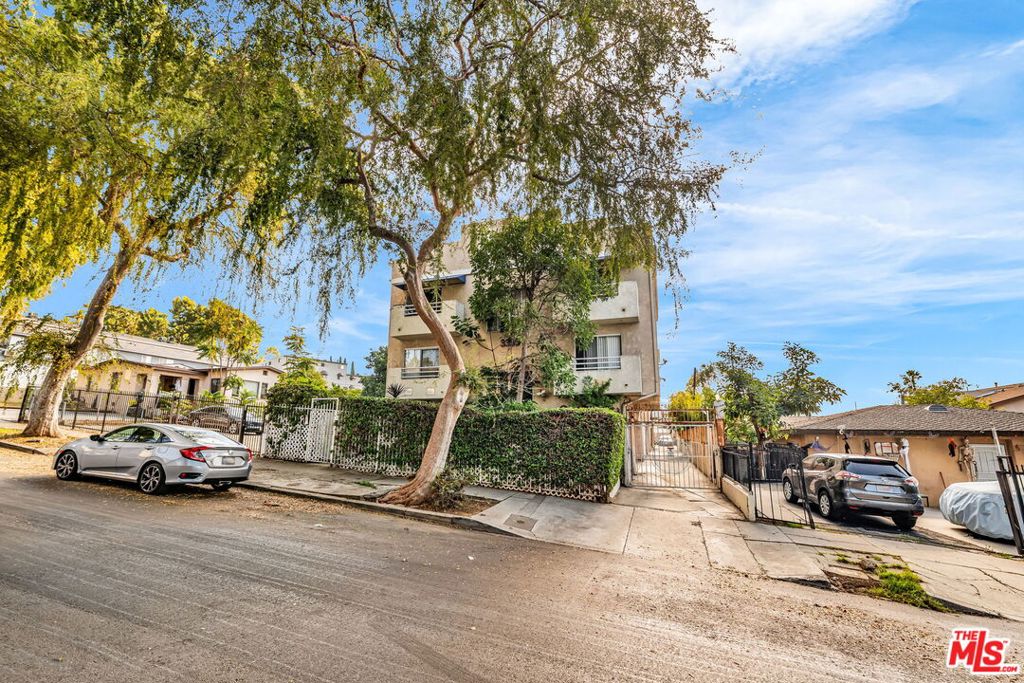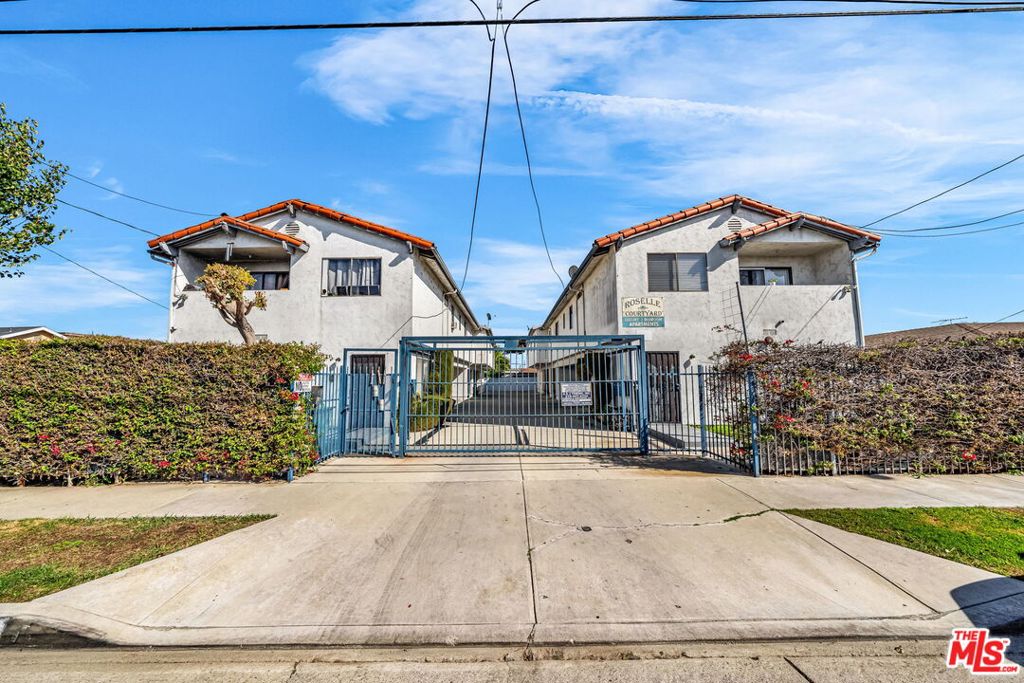Buying Probate Real Estate
The word probate comes from the Latin, probare, which means to test and find good.
Probation in criminal law is a period of supervision over an offender, ordered by the court, during which the person is allowed outside instead of serving time in prison. There’s are also academic probation and workplace probation. The criminal, student, or employee are tested before they are found “good.”
A home is put in probate when the owner of the property dies without a will, and as in the examples above, there’s a ‘testing’ period involved during which the court determines if the property can be sold. Probate is the legal process during which time a person’s will might be reviewed (if there is one) to determine its legality. If there is no will, then probate is the court’s process to conclude the legal and financial matters after someone’s death.
A residence is one of the largest single assets of a deceased person’s estate. It takes time for the courts to make sure of the property’s ownership and then assure that the transference of ownership is done correctly.
Buying a Home or Building an Empire?
Some people look to buy probate homes to live in, because they are often less expensive than a non-probated home. It’s a good strategy, also, if you’re looking to build your nest egg with real assets beyond your principal residence.
So, if you want to buy homes that are in probate, you can often save money on the home because it’s outside of the mainstream, the beneficiaries can be in a hurry for the proceeds, or the personal representative lives out of state, perhaps. Also, be aware that you are saving money by buying a home in probate because the home is often sold “as is.” That’s fine, especially if you’re a fixer-upper kind of person, but we also say, caveat emptor, or “let the buyer beware.”
Here’s why. In our recent blog “What Home Conditions Do Sellers Need to Disclose During a Probate Sale?” we made it clear that the personal representative in charge of selling a probate home in California is NOT required to give some of the mandated disclosures to the buyer required by non-probate sales. Not only that, but because the owner of the home is deceased, they (the deceased) cannot reveal a leak in the plumbing or a broken floorboard or dead body in the basement, for instance. Probate transactions are not for sissies. Do your research.
STEP 1: PUTTING AN OFFER ON THE PROPERTY
At any time after the property is cleared for listing (marketing), an interested buyer may make an offer on the property. In the case of a probate sale, the buyer must put down a 10% deposit. The estate representative can accept, reject, or counter the offer, just like in any other sale.
The difference from a regular home sale, however, is that there are certain homes wherein the offer must be confirmed by the court. Even if the seller may have accepted a buyer’s offer, the seller is not obligated to that buyer or to their offer. The estate representative, through their probate attorney, would be required to petition the court to confirm the sale if that is part of the requirement to complete the transaction. If it is, then, the buyer and seller must wait for the future date to be chosen for the sale to be confirmed by the court. Confirmation sales are not always required, but that’s a good question to ask when embarking on this type of purchase.
The difference from a regular home sale, however, is that there are certain homes wherein the offer must be confirmed by the court. Even if the seller may have accepted a buyer’s offer, the seller is not obligated to that buyer or to their offer. The estate representative, through their probate attorney, would be required to petition the court to confirm the sale if that is part of the requirement to complete the transaction. If it is, then, the buyer and seller must wait for the future date to be chosen for the sale to be confirmed by the court. Confirmation sales are not always required, but that’s a good question to ask when embarking on this type of purchase.
STEP 2: WAITING FOR THE SMOKE TO CLEAR
This is where patience is needed. Even after the sale date has been determined, the parties now must wait a minimum of 30 to 45 days during which the court ensures that the property is being properly marketed and advertised with the new accepted price. In California, for instance, the court will take that accepted bid from the first buyer and increase it by 5 percent plus $500. The total becomes the new probate price to be promoted.
STEP 3: COURTING OTHER OFFERS
If it’s a confirmation sale (which you can learn about here), then the court will require that any other interested parties in addition to the original buyer come to the probate court to close the sale. At that hearing, the property is sold ‘auction style’ with the opening bid being (in California) the accepted offer price plus the 5%, plus $500.
It might happen that multiple buyers show up to bid on the real estate if it’s a “hot property.” Other times, nobody else shows up. The initial buyer gets the property for their original offer price. If the real estate is sold to one of the other “hot” bidders, they must immediately hand over a deposit of 10%.
The 10 percent deposit that’s required with the offer is not refundable unless the original buyer isn’t the final court confirmed buyer.
STEP 4: ENGAGING A PROBATE REAL ESTATE AGENT
A good way to learn the ropes and at the same time protect yourself from trying to do everything yourself is to engage the help of a probate Realtor (real estate agent). These probate real estate specialists have more experience in marketing probate properties than most real estate professionals, and thus have more understanding of the courtroom requirements, processes, events, and what can seem like glacially slow pacing. They are usually not attorneys, but they can put you in touch with probate attorneys. Real estate agents specializing in probate properties keep an eye out for when and where these types of properties go on the market, and can help you find properties to buy.
STEP 5: LEARNING BY DOING
The more probate properties you buy, the better you will get at it. You can eventually end up with nice purchase experiences at good prices if all goes well. If you build a team with a good probate Realtor (“probate real estate agent”) and probate attorney, you can often close these deals relatively painlessly.
Even so, you will have some hiccups along the way. Financing can fall through and beneficiaries can argue so the closing can take a while. Finalizing the debts and liens can take time. However, you may be on your way to owning a home you can afford, or building a real estate empire that will provide passive income in your old age. Probate transactions are not for sissies, and not for people in a hurry, but the process can help you into your first home . . . or your twentieth.
If you have questions about buying probate properties, please contact us. We are probate real estate specialists in this field. We have probate realtors in Los Angeles, Orange County, Riverside, and San Diego.
DISCLAIMER: This content is meant purely for educational purposes. It contains only general information about real estate and/or legal matters. It is NOT legal advice and should not be treated as such. We recommend consulting a legal or tax professional before acting on any advice, opinion, or point of view described herein.



